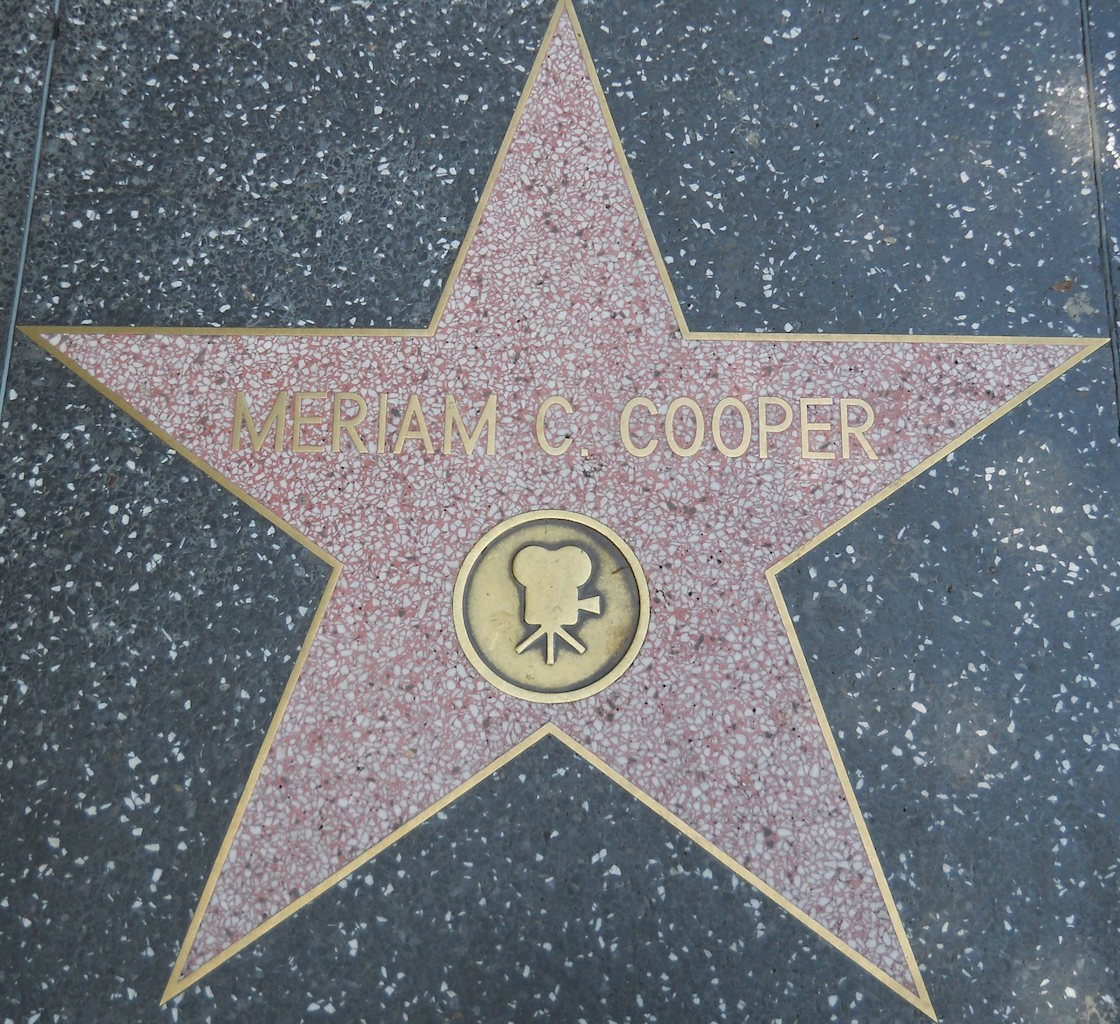The Movie Man
Merian C. Cooper Before His Career in Cinema
Merian Coldwell Cooper (1893–1973) fought in the skies over France and Germany. On September 26, 1918, pilot Cooper and his gunner, Edmund C. Leonard, of the 20th Aero Squadron, took off in their De Havilland DH–4 biplane bomber from a muddy airfield in Amanty, France. Their mission was to cripple German troop and supply lines just prior to the critical Meuse–Argonne offensive. About an hour after takeoff and now over enemy territory near Verdun and Metz, Cooper and his observer/gunner were shot down by a German Fokker pursuit plane. Leonard was “dazed” by a shot through the neck and, momentarily unconscious, slumped into his seat. The plane&lrsquo;s Liberty engine caught fire and the flames spread into the cockpit. Cooper suffered severe burns to his hands as he jockeyed the stick with his legs and elbows to bring his unconscious gunner and himself to a crash landing.
Inasmuch as they had crashed near a German infantry encampment, the injured fliers were met quickly by German soldiers and taken to the camp doctors for immediate treatment. After a short while, Cooper and Leonard were sent to different hospitals. By early October, with no news of their survival, they were presumed dead. On November 3, the Red Cross sent a telegram to Mr. Cooper informing him that his son was alive and in a hospital. There, Cooper greeted the Armistice on November 11. Cooper retained his death certificate and penned his own response to it, echoing Mark Twain’s famous line.
Had the outcome of this aerial battle been different, we likely would not have had as many movies made in Technicolor, a process that Cooper promoted in the early 1930s with his partner, financier John “Jock” Hay Whitney, nor would we enjoy such movies as King Kong, Stagecoach, She Wore A Yellow Ribbon, The Quiet Man, The Searchers and dozens of others in which he was centrally involved.




